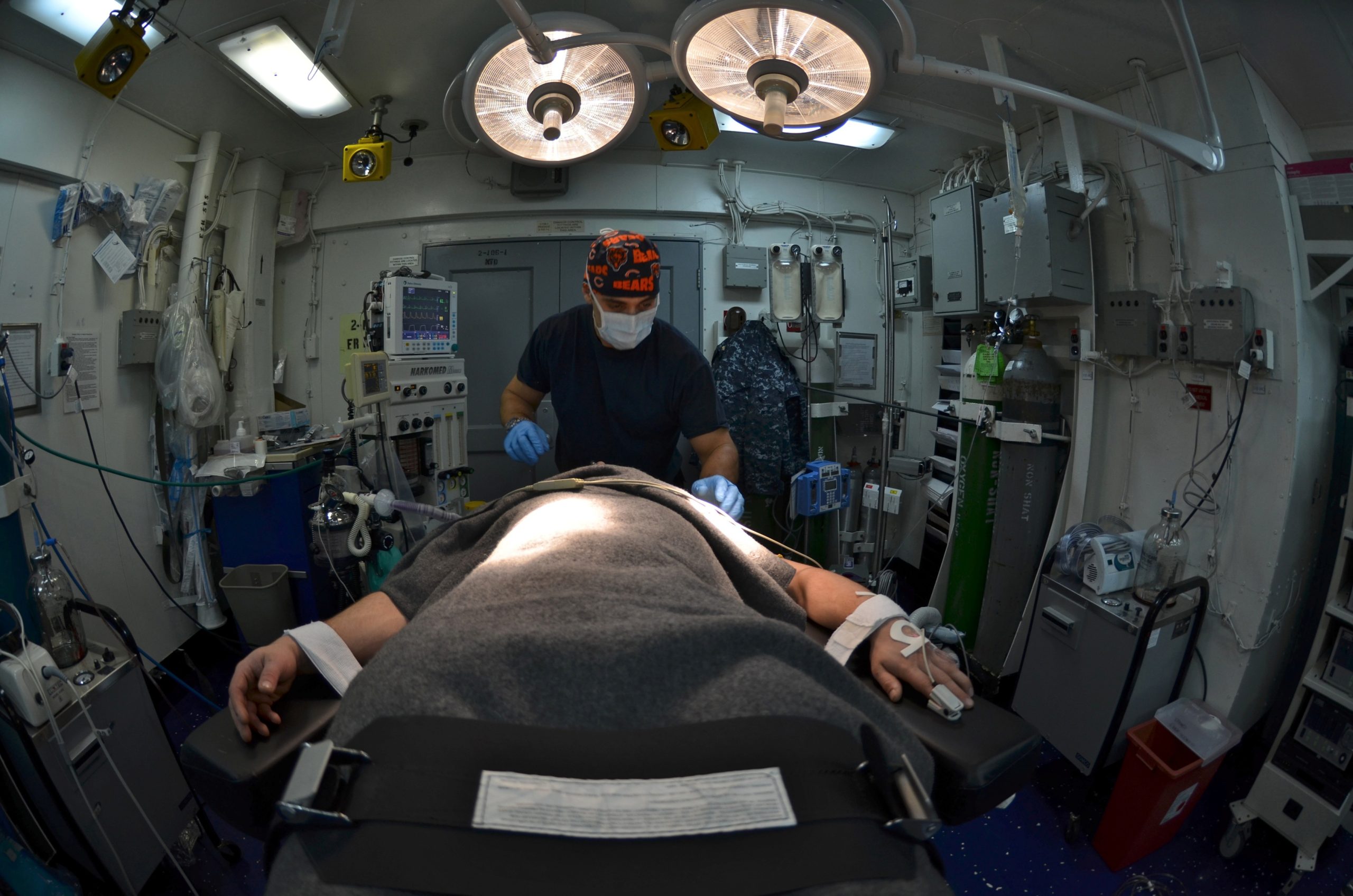 In the aftermath of a vehicle collision, the impact reverberates beyond the immediate parties involved, leaving a trail of injuries and legal complexities. Such was the case for Cody Johnson, a passenger on an RTA bus when it collided with another vehicle. Seeking full compensation for her damages, she pursued a vicarious liability claim against the driver’s employer. However, the court’s assessment of the driver’s scope of employment would determine the outcome of her pursuit of justice.
In the aftermath of a vehicle collision, the impact reverberates beyond the immediate parties involved, leaving a trail of injuries and legal complexities. Such was the case for Cody Johnson, a passenger on an RTA bus when it collided with another vehicle. Seeking full compensation for her damages, she pursued a vicarious liability claim against the driver’s employer. However, the court’s assessment of the driver’s scope of employment would determine the outcome of her pursuit of justice.
At 6:00 am, one hour before he was scheduled to be on call, Mr. Molbert was summoned into work by his boss. Molbert worked for Anesthesia Consultants of the South, LLC, and that morning ACS needed Molbert to help perform an appendectomy. At 6:30 am, 15 minutes sooner than usual, Molbert collided with an RTA bus on the way to the hospital. Ms. Johnson, a passenger on the bus, sued Molbert, ACS, and RTA to recover damages for her injuries.
ACS filed for a directed verdict, arguing that Molbert was not within his scope of employment at the time of the accident. This kind of argument is typically referred to as a vicarious liability argument. The trial court granted the motion, finding that ACS was not liable as an employer because Molbert was commuting to work at the time of the accident. The trial court relied on the seven Mclin v. Industrial Specialty Contractors, Inc. factors to make this determination.
 Insurance Dispute Lawyer Blog
Insurance Dispute Lawyer Blog



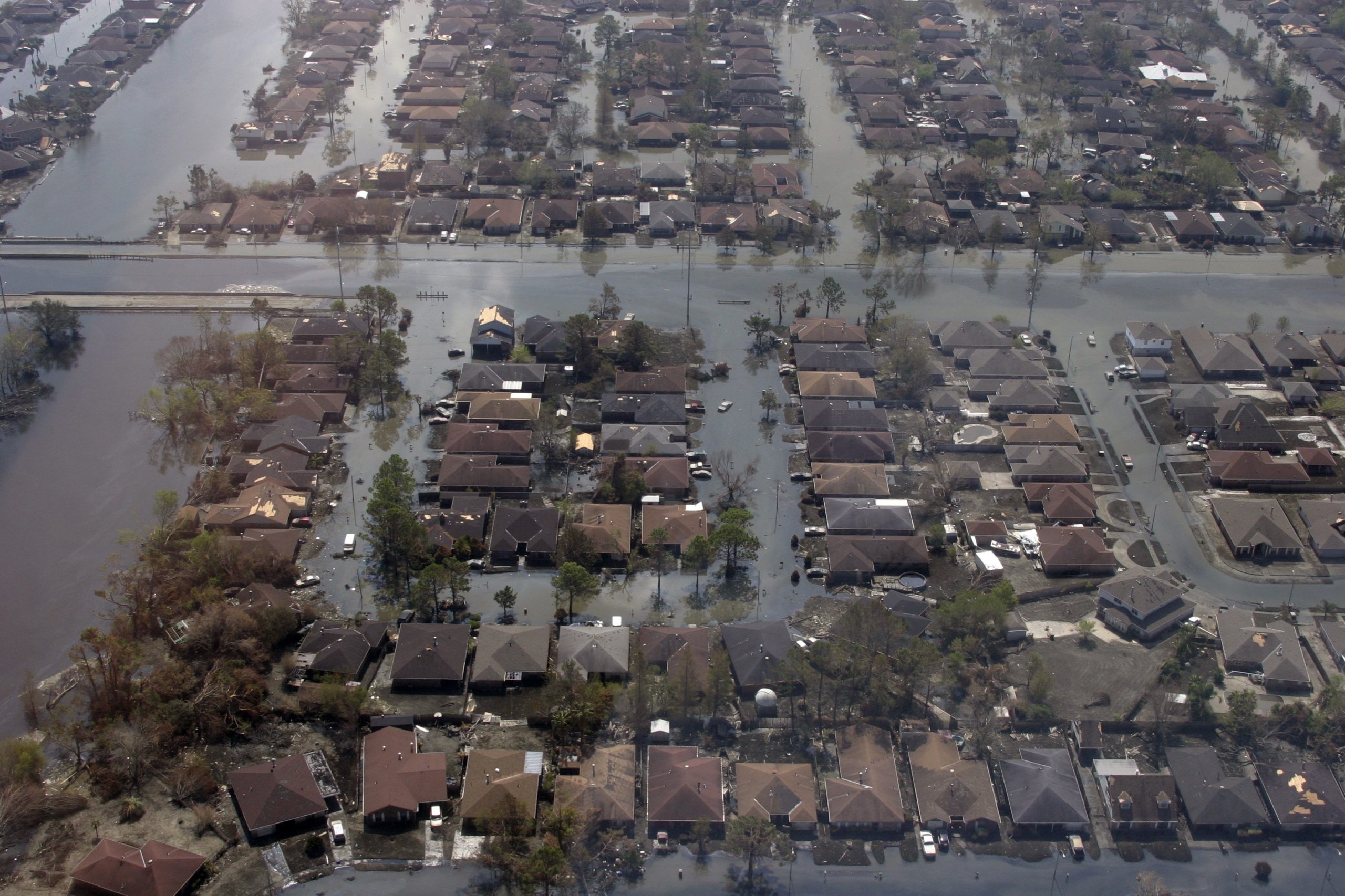 Hurricanes do not discriminate. Regardless of age, wealth, gender, health, or race, hurricanes are merciless to all they come in contact with. Such was the case for Ms. Taylor, who experienced the wrath of Hurricane Katrina in 2005.
Hurricanes do not discriminate. Regardless of age, wealth, gender, health, or race, hurricanes are merciless to all they come in contact with. Such was the case for Ms. Taylor, who experienced the wrath of Hurricane Katrina in 2005.  Have you ever witnessed an accident? The experience can be overwhelming, leaving lasting, often overlooked emotional scars. Such consequences raise an essential question; can a witness to an accident seek damages in court? The subsequent lawsuit helps answer that question. The journey of the litigants through the intricate legal landscape reveals their unwavering determination to find solace for the emotional anguish they endured as witnesses to the tragic events.
Have you ever witnessed an accident? The experience can be overwhelming, leaving lasting, often overlooked emotional scars. Such consequences raise an essential question; can a witness to an accident seek damages in court? The subsequent lawsuit helps answer that question. The journey of the litigants through the intricate legal landscape reveals their unwavering determination to find solace for the emotional anguish they endured as witnesses to the tragic events.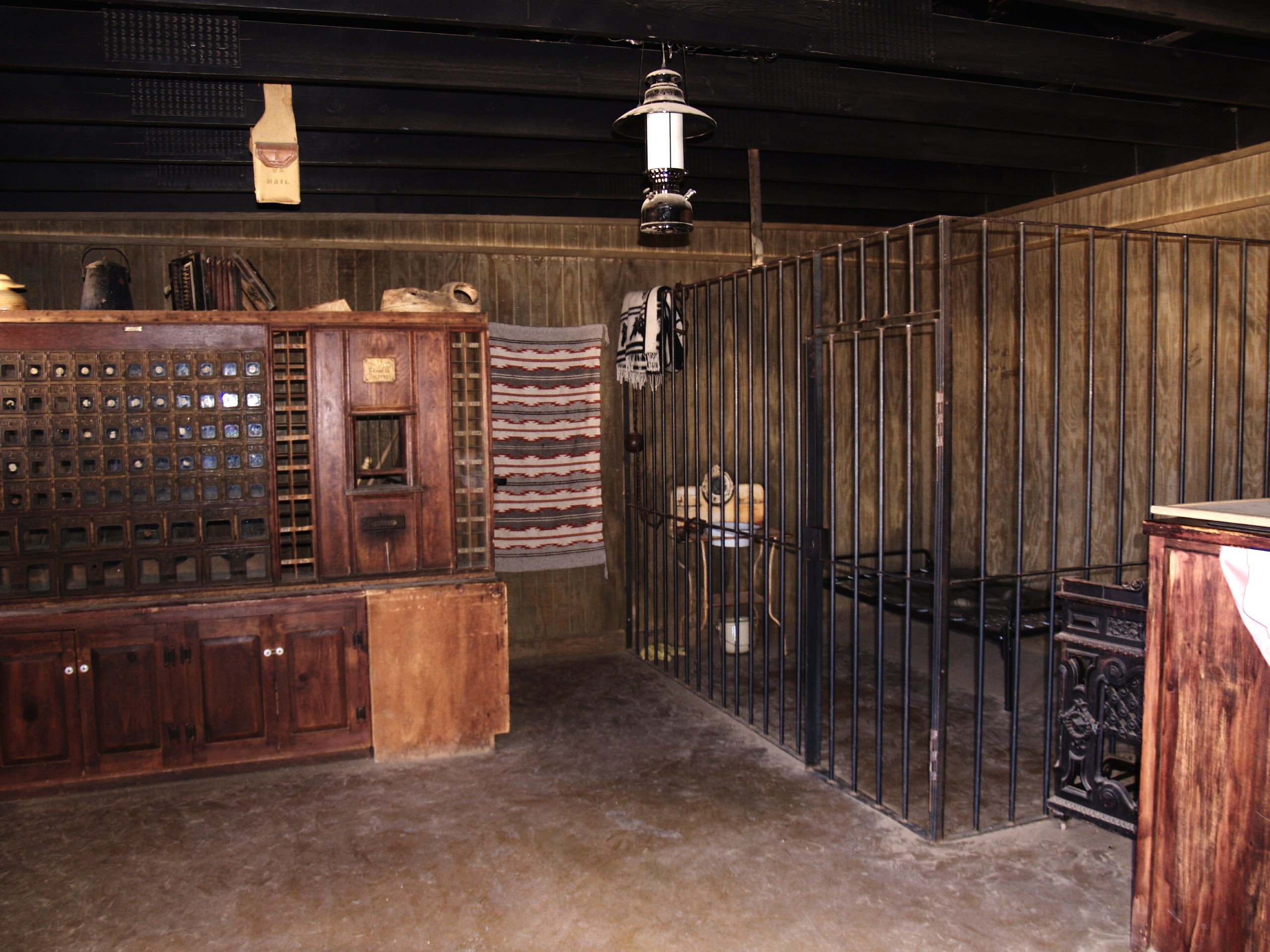 A personal injury claim requires following specific rules and procedures to ensure a fair and just resolution. For Joseph Barlow, who slipped and fell while detained at the Lafayette Correctional Facility, his failure to adhere to the correction center’s administrative remedies became critical. This article examines the consequences Barlow faced when he disregarded the proper procedures and highlights the significance of following the established protocols.
A personal injury claim requires following specific rules and procedures to ensure a fair and just resolution. For Joseph Barlow, who slipped and fell while detained at the Lafayette Correctional Facility, his failure to adhere to the correction center’s administrative remedies became critical. This article examines the consequences Barlow faced when he disregarded the proper procedures and highlights the significance of following the established protocols. The separation of property between spouses is a legally recognized process, allowing them to transfer assets. However, what happens when this separation is done with fraudulent intent? In the case of Kathryn and Paul Holland, creditors accused the couple of fraudulently dividing their assets to avoid payment. The creditors filed a motion to intervene in the divorce proceedings, alleging that the Hollands knew about pending civil lawsuits against them. Despite their objections, the trial court granted the motion filed by Ms. Holland, prompting the creditors to appeal the decision. The following post summarizes the appeal.
The separation of property between spouses is a legally recognized process, allowing them to transfer assets. However, what happens when this separation is done with fraudulent intent? In the case of Kathryn and Paul Holland, creditors accused the couple of fraudulently dividing their assets to avoid payment. The creditors filed a motion to intervene in the divorce proceedings, alleging that the Hollands knew about pending civil lawsuits against them. Despite their objections, the trial court granted the motion filed by Ms. Holland, prompting the creditors to appeal the decision. The following post summarizes the appeal.  One of the joys of adulthood is figuring out insurance coverage for your vehicles. Selecting the right coverage can be incredibly challenging when you own a small business because there are unclear lines between personal and company vehicles. This can be especially challenging if an accident occurs when driving a different vehicle than you usually drive. Can your insurance policy cover you when driving a different vehicle because your regular vehicle is out of commission and needs repairs? The subsequent lawsuit helps answer this question.
One of the joys of adulthood is figuring out insurance coverage for your vehicles. Selecting the right coverage can be incredibly challenging when you own a small business because there are unclear lines between personal and company vehicles. This can be especially challenging if an accident occurs when driving a different vehicle than you usually drive. Can your insurance policy cover you when driving a different vehicle because your regular vehicle is out of commission and needs repairs? The subsequent lawsuit helps answer this question.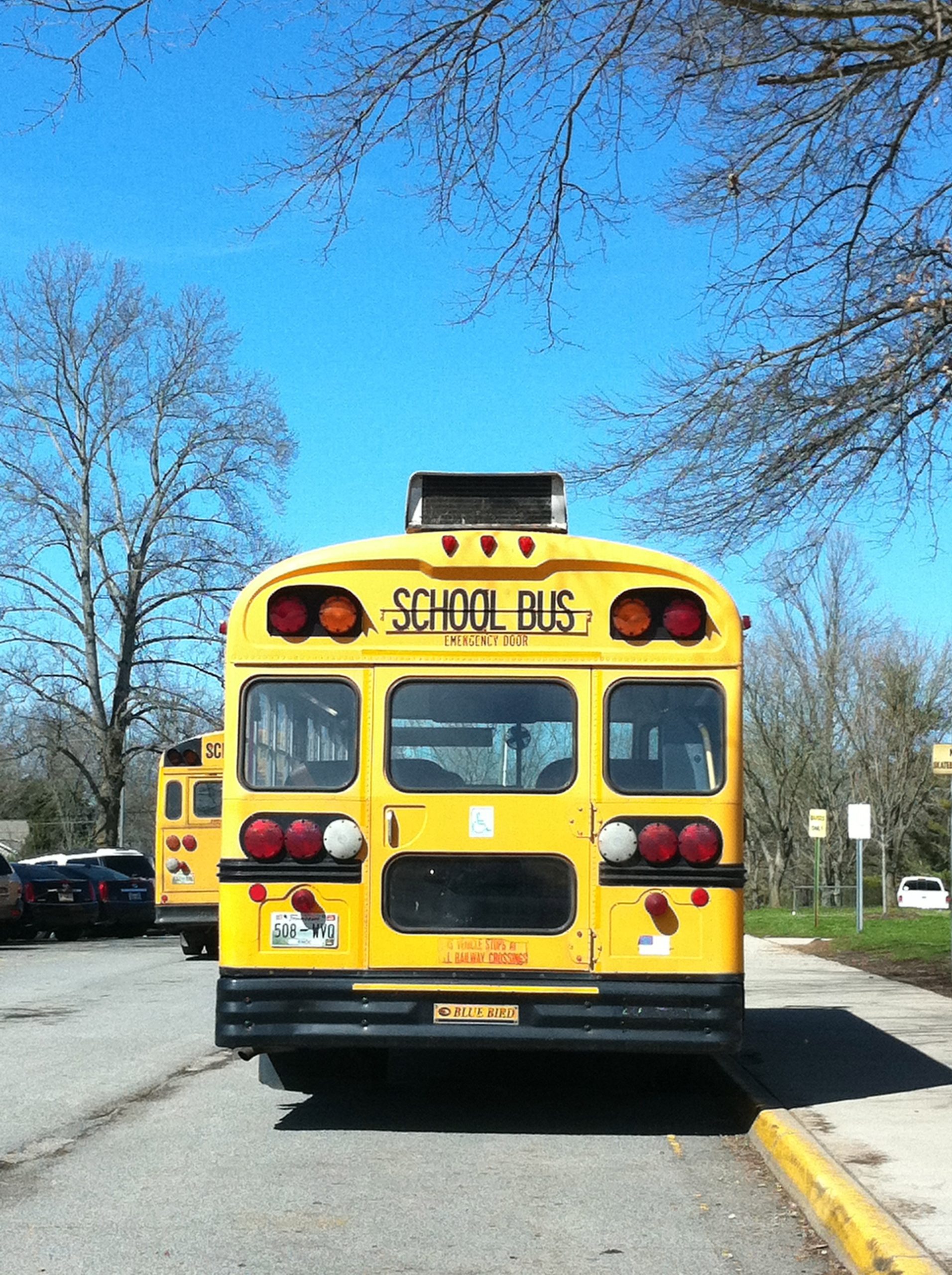 School field trips are supposed to be fun. However, after an unfortunate incident, Darius Baheth’s experience was less than idyllic. Can a parent recover when their child is injured on a school field trip? The following lawsuit, out of Lafayette, Louisiana, answers that question.
School field trips are supposed to be fun. However, after an unfortunate incident, Darius Baheth’s experience was less than idyllic. Can a parent recover when their child is injured on a school field trip? The following lawsuit, out of Lafayette, Louisiana, answers that question. When preparing for a fundraiser, you understandably have lots on your mind. You have to coordinate food, RSVPs, and plan the event. However, if you are using something potentially dangerous, such as a propane barbecue, you also need to ensure you take reasonable steps to inspect it for any potential defects. Otherwise, you could be liable for injuries you or others suffer.
When preparing for a fundraiser, you understandably have lots on your mind. You have to coordinate food, RSVPs, and plan the event. However, if you are using something potentially dangerous, such as a propane barbecue, you also need to ensure you take reasonable steps to inspect it for any potential defects. Otherwise, you could be liable for injuries you or others suffer.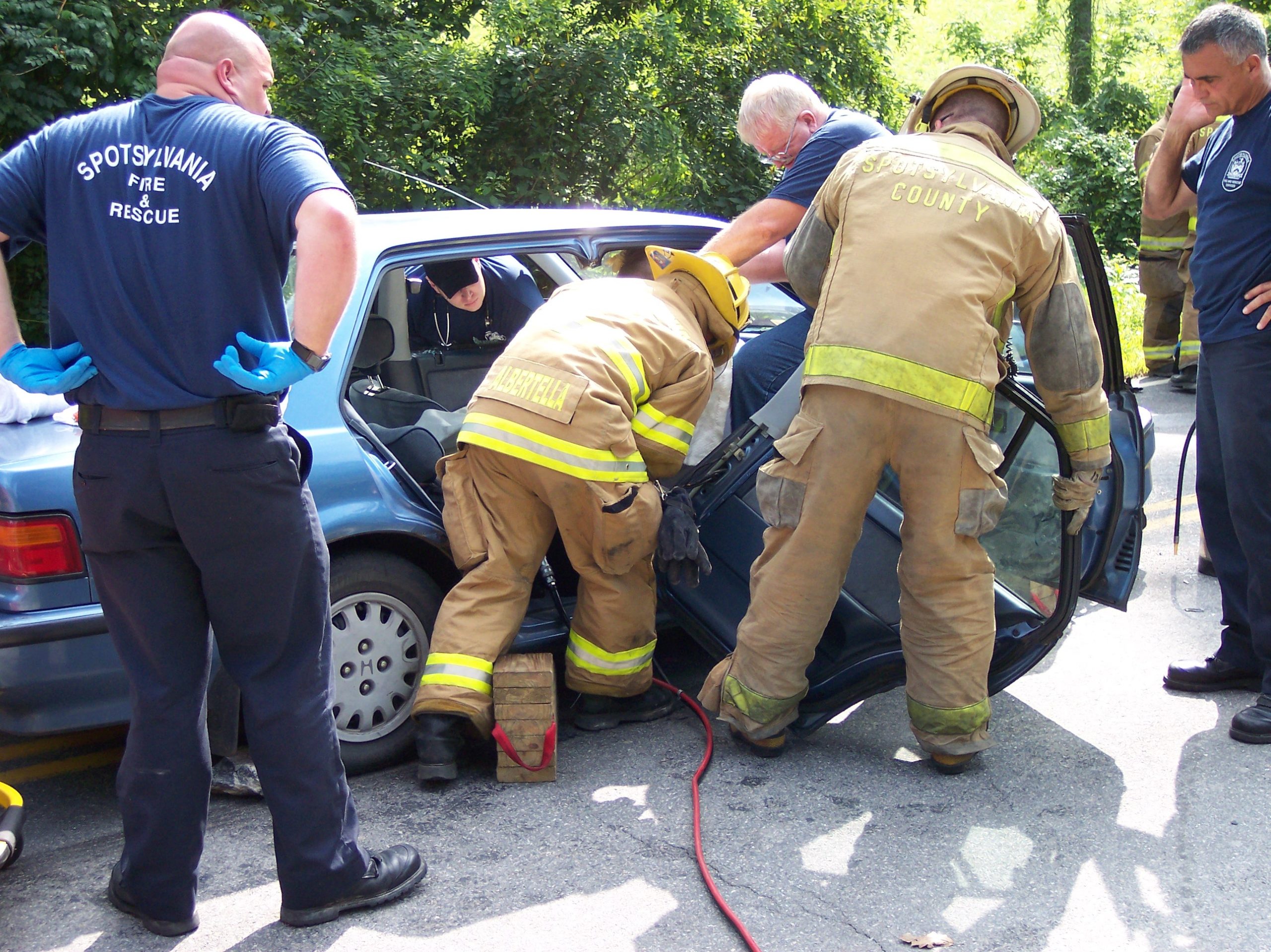 What happens if you were previously injured in an incident and later involved in another accident that causes further injury? Can the person responsible for the second injury be liable for your injuries? Although pre-existing injuries can make it more complicated to determine the scope of your injuries, the court will still consider the extent to which the second accident caused additional injuries and affected your life.
What happens if you were previously injured in an incident and later involved in another accident that causes further injury? Can the person responsible for the second injury be liable for your injuries? Although pre-existing injuries can make it more complicated to determine the scope of your injuries, the court will still consider the extent to which the second accident caused additional injuries and affected your life. When pursuing a legal claim against an employer regarding adverse employment actions, it is crucial to grasp the necessary elements required for a successful case. Failure to establish all essential components can result in the dismissal of your claim. The following lawsuit examines the circumstances of Lori Rayborn, a nurse at a high school in Bossier Parish, who faced alleged retaliation after expressing concerns about the administration’s handling of a student’s health needs. Despite her efforts to seek legal redress, Rayborn’s claims were ultimately dismissed.
When pursuing a legal claim against an employer regarding adverse employment actions, it is crucial to grasp the necessary elements required for a successful case. Failure to establish all essential components can result in the dismissal of your claim. The following lawsuit examines the circumstances of Lori Rayborn, a nurse at a high school in Bossier Parish, who faced alleged retaliation after expressing concerns about the administration’s handling of a student’s health needs. Despite her efforts to seek legal redress, Rayborn’s claims were ultimately dismissed.